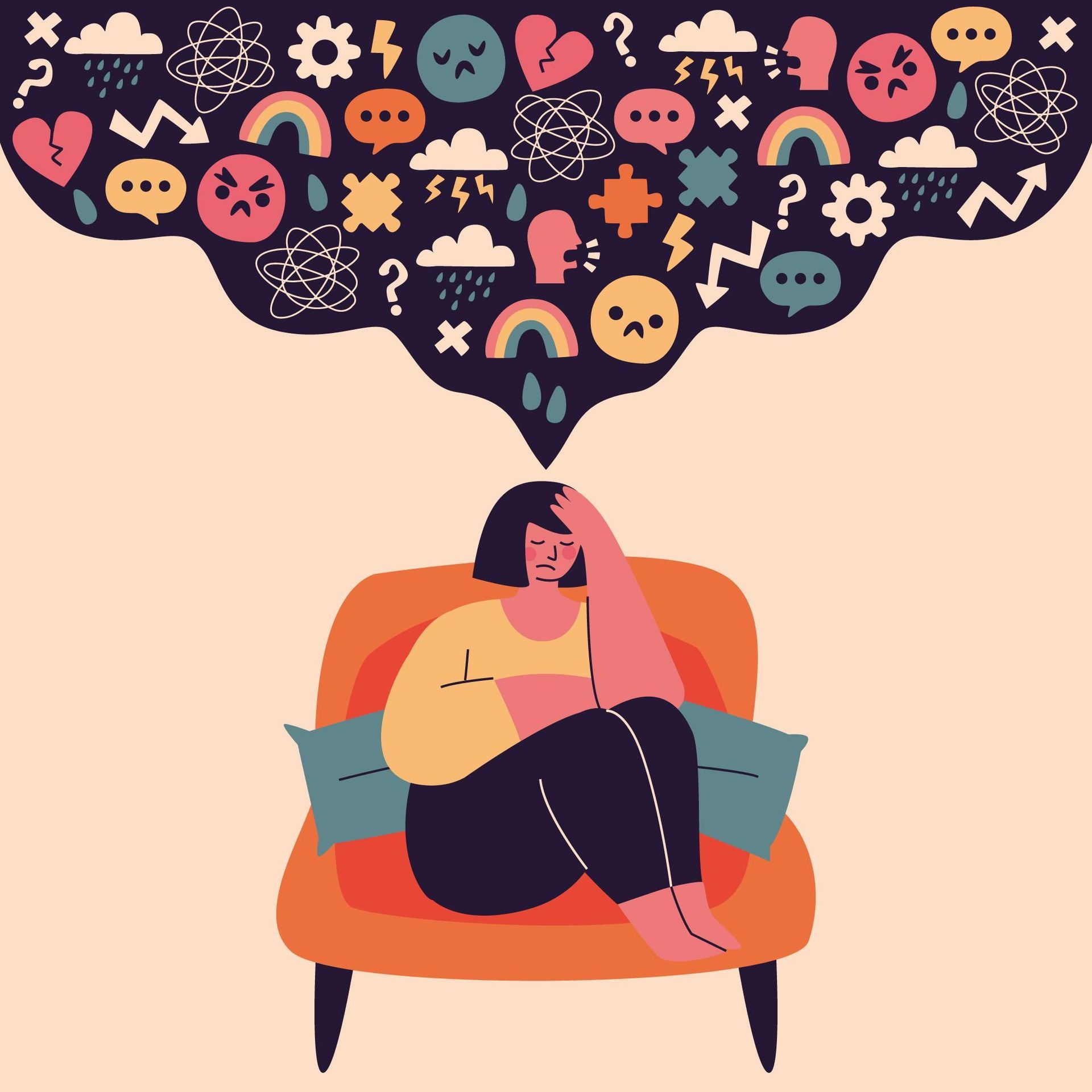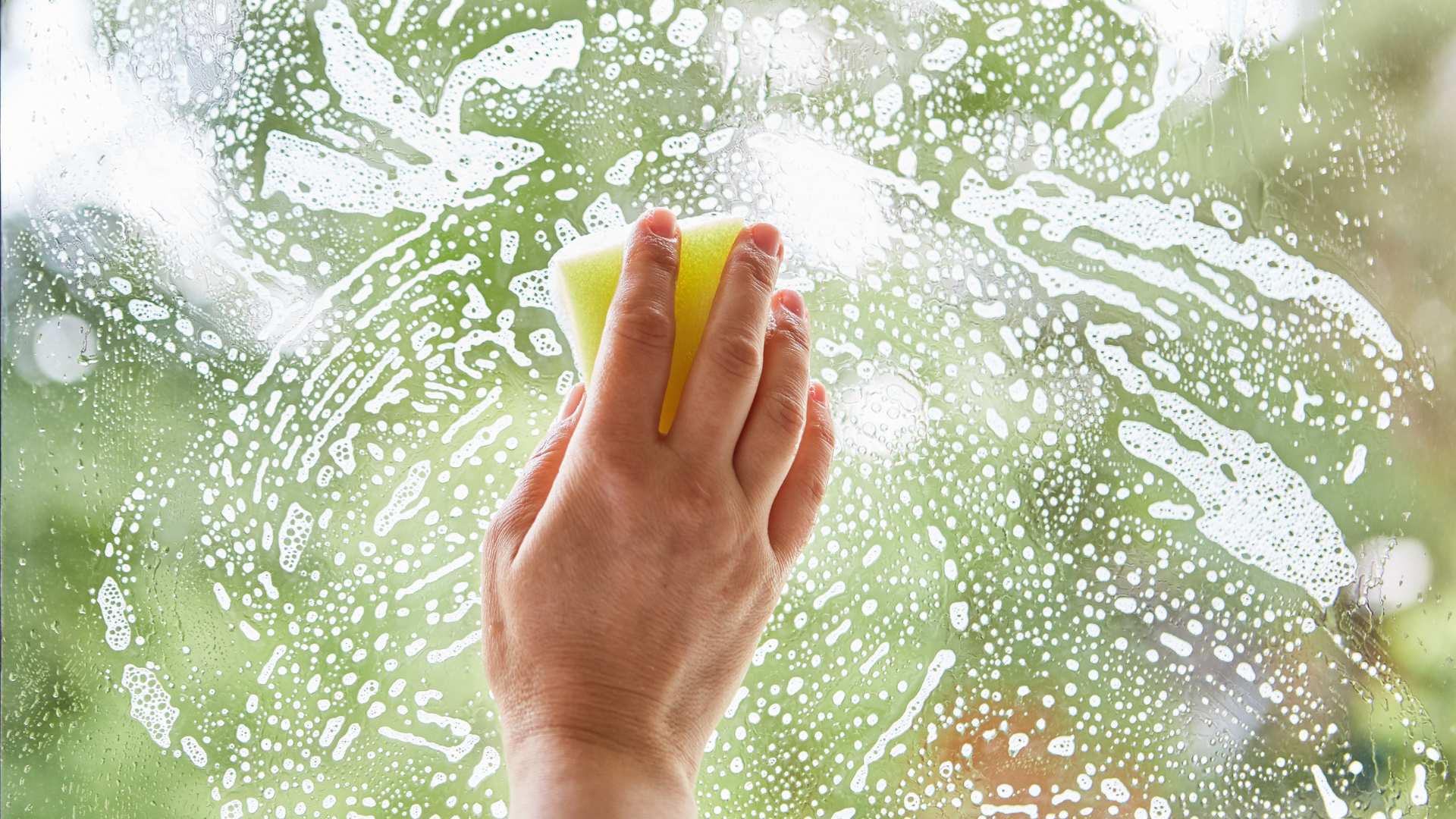The Integrated Relationship Between Mental Health, Behavioral Health, and Mind-Body Wellness

By Thrive Reno Psychiatrist Jaime Avra Ley, M.D.
While mental health, behavioral health, and mind-body wellness influence each other, the terms describe different aspects of a person’s well-being. Mental health encompasses one’s thoughts, emotions, and interactions, while behavioral health is characterized by one’s manner of conduct. Closely related to the mind and behaviors, mind-body wellness refers to the interconnectedness of mental and physical health. Awareness and knowledge of each can help you better understand how to care for yourself and others.
WHAT IS MENTAL HEALTH?
Mental health refers to an individual’s emotional, psychological, and social well-being. Explore the range of mental health states below.
Healthy thoughts and emotions include those that:
- Embrace hope: Excitement that allows individuals to move forward while also acknowledging any obstacles.
- Express gratitude: Focusing on the positive elements of one’s life.
- Practice resilience: Seeking stability and growth amid adversity.
- Accepting one’s enoughness: Releasing oneself from the pressure to be perfect.
Moderately unhealthy patterns of thinking and feeling include:
- Excessive self-consciousness: Intense self-criticism that can lead to low self-esteem.
- Catastrophizing: Regularly anticipating the worst outcomes in a situation.
- Disempowerment: Feeling unable to explore alternatives to unwanted circumstances.
Severely unhealthy patterns of thinking and feeling are commonly expressed as mental health conditions, including:
- Psychosis: Experiencing thoughts and feelings not based on reality.
- Anxiety disorders : Having excessively worried thoughts.
- Depression : Feeling hopeless and helpless.
WHAT IS BEHAVIORAL HEALTH?
Behavioral health focuses on the wellness of an individual’s actions and how they affect one’s physical and mental well-being. Find examples of healthy, moderately unhealthy, and severely unhealthy behaviors below.
Healthy behaviors are beneficial and can include:
- Trying something new: Stepping out of one’s comfort zone.
- Establishing healthy boundaries: Setting personal limits within relationships, employment, and leisure activities that support one’s well-being.
- Implementing healthy coping skills: Engaging in mindfulness practices like breathwork, meditation, and movement, and other effective stress management strategies.
- Taking steps toward achieving one’s goals: Empowering oneself to make desired life changes .
Moderately unhealthy behaviors include:
- Not practicing good sleep hygiene : Neglecting one’s sleep needs such as by not abiding by a regular sleep and wake routine.
- Silencing personal opinions and values to avoid confrontation: Sacrificing honest self-expression out of fear.
- Disregarding self-care: Refraining from engaging in activities that one enjoys and benefits from.
- Not engaging in emotional regulation: Allowing one’s emotions to control them instead of the other way around.
Severely unhealthy behaviors may result in the development of behavioral health disorders, such as:
- Eating disorders: Displaying disordered eating behaviors such as calorie restriction, binge eating, and purging after meals.
- Nonsuicidal self-injury (NSSI) disorder: Hurting oneself to relieve painful emotions.
- Substance use disorders (SUD): The harmful use of drugs or alcohol.
THE RELATIONSHIP BETWEEN MENTAL HEALTH AND BEHAVIORAL HEALTH
Mental health and behavioral health inform and impact each other. Discover how these aspects of well-being go hand-in-hand below.
How Mental and Behavioral Health Can Inform Each Other
The state of an individual’s thoughts and emotions are often reflected in their behaviors. For example, if a normally social individual begins withdrawing from their friends and family, they may be feeling insecure, struggling to connect with others, or experiencing a negative shift in their mental health.
Additionally, behaviors can provide insight into internal brain functions and one’s mental state. For instance, if a child has been struggling to focus or acting chronically impulsive, they may be experiencing deficits with their cognitive processes, difficulty expressing their emotions, or challenges processing social interactions — consequences that can cause the onset of anxiety, depression, and other mental health conditions.
How Mental and Behavioral Health Can Impact Each Other
At the same time, a person’s behaviors have the power to positively or negatively affect their thoughts and feelings, and vice versa. For example, taking a series of mindful deep breaths can help an individual foster a sense of calm when they’re feeling stressed. The fresh sense of calm may keep them from saying something during an emotional outburst that they would’ve eventually regretted.
Additionally, by attending 12-step meetings, a person may improve their mental health by forming supportive connections with individuals in addiction recovery. In turn, their improved mental health may mitigate their urge to use drugs or alcohol.
WHAT IS MIND-BODY WELLNESS?
Just as the health of thoughts, emotions, and behaviors are intertwined, the health of the mind and body are also closely connected.
For example, chronic stress can manifest physically as high blood pressure, headaches, and stomach aches. Adversely, undernourishment , chronic illness, and hormonal imbalances can negatively impact the health of a person’s thoughts and emotions.
Fortunately, caring for the body promotes the health of the mind while caring for the mind promotes the health of the body. Ways to embrace and enhance mind-body wellness include:
- Incorporating mindfulness into your day: Mindfulness practices can calm your thoughts, which can mitigate inflammation caused by stress. You can practice mindfulness by simply engaging your awareness during normal daily tasks.
- Practicing good gut health : The gut and mind are intricately intertwined. By eating adequately and consistently and including an array of different foods, you can also promote your mental health.
- Engaging in mindful movement : Moving your body intentionally in ways that make you feel good has the power to energize you and lift your spirits.
- Embracing the art of sleep hygiene: By prioritizing your sleep as integral to nourishing your well-being, you can improve your ability to regulate your emotions.
- Reciting positive affirmations: Positive affirmations promote resilience amid challenging circumstances. Consider starting with these body-positivity affirmations or these self-confidence boosting affirmations curated by Thrive experts.
INTEGRATED WELLNESS REQUIRES CARING FOR MENTAL, PHYSICAL, AND BEHAVIORAL HEALTH
Overall wellness means having a healthy mind, body, and behaviors. All three of these elements relate to each other. Because of this, Thrive’s multidisciplinary team takes a treatment approach that targets individuals’ entire well-being. You can learn more about our therapeutic services by reaching out to us.
About the Author
Thrive Reno Psychiatrist Jaime Avra Ley, M.D.
Born and raised in Nevada, Dr. Jaime Avra Ley earned her doctorate in medicine at the University of Nevada, Reno Medical School where she also completed a residency in adult psychiatry and a fellowship in child and adolescent psychiatry. As an established and esteemed psychiatrist, Dr. Ley specializes in working with children and adolescents.
Dr. Ley considers comprehensive wellness to be inclusive of the health of one’s relationship with themself and others. She is passionate about addressing mental health barriers that may interfere with one’s ability to live authentically and reach their innate potential. Dr. Ley believes a multidisciplinary approach to care increases the efficacy of treatment for lasting results and is dedicated to supporting the various aspects of an individual’s well-being by providing diagnoses and medication management as appropriate.
At Thrive Wellness Sacramento, Dr. Ley enjoys working alongside a diverse treatment team of compassionate clinical colleagues to help individuals and families on their path to healing.
The post The Integrated Relationship Between Mental Health, Behavioral Health, and Mind-Body Wellness first appeared on Thrive Wellness.

Start your healing journey today
NEXT STEPS
Are you ready to find hope? We can't wait to connect you with the care you need. To get started with us, please reach out using the link below.

Obsessive Compulsive Disorder

Perinatal
Mental Health
Obsessive Compulsive Disorder
Perinatal
Mental Health
SITE MENU
THRIVE LOCATIONS
Reno, NV 89501
OCD & Anxiety Disorders
Luella Garvey House
Perinatal Mental Health
"It Takes A Village"
Virtual Program
All Rights Reserved | Thrive Wellness | PRIVACY POLICY





